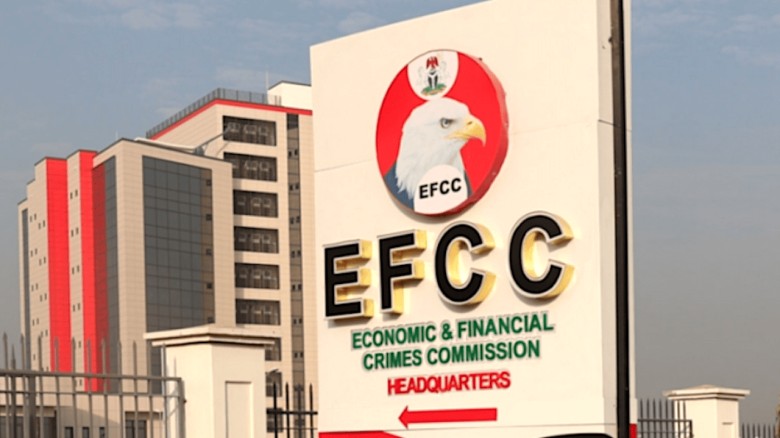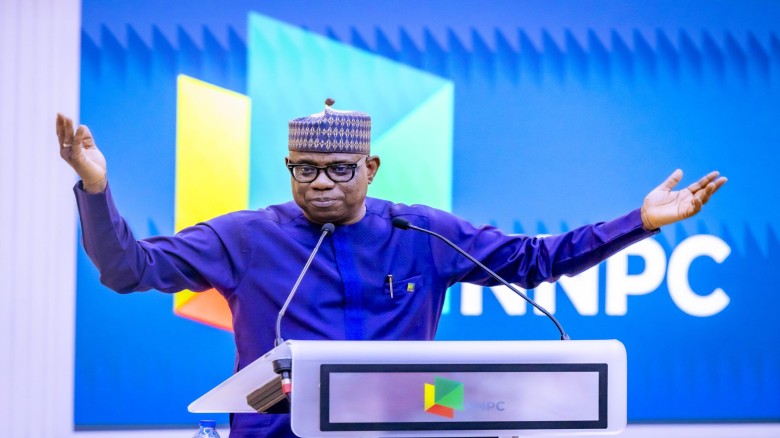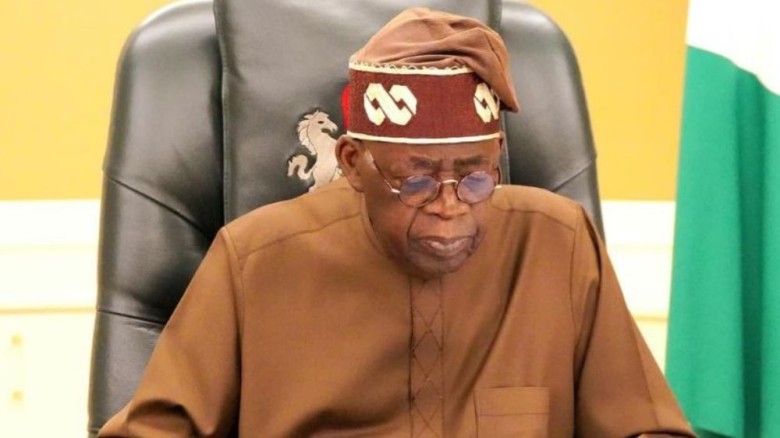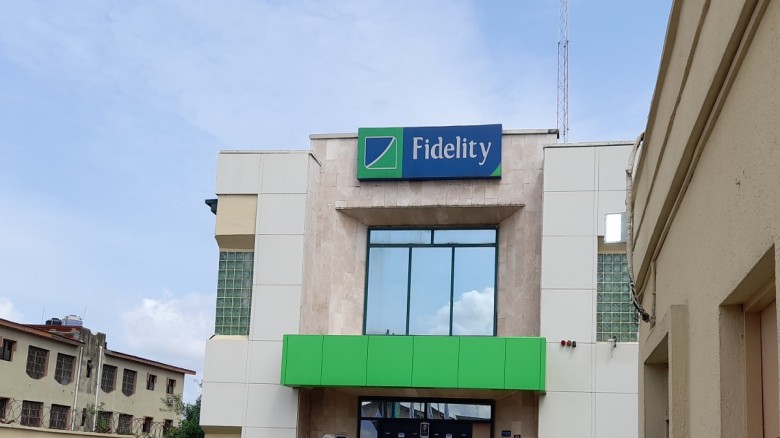NLC threatens fresh protest against power tariff hike
The Nigeria Labour Congress has promised to mobilise workers and citizens for a nationwide protest if the Federal Government goes ahead with its proposed electricity tariff hike, describing it as "economic violence against the working class and the broader Nigerian populace."This came as the National Union of Electricity Employees warned the Federal Government against raising electricity tariffs, saying Nigerians should not be paying for darkness.
In a communiqué issued at the end of its National Executive Council meeting in Yola, Adamawa State, on February 28, 2025, and made available to journalists on Sunday, the NLC rejected the Nigerian Electricity Regulatory Commission's "sham reclassification" of electricity consumers.
It accused the Ministry of Power and NERC of attempting to force consumers into higher tariff bands under the guise of service improvement while, in reality, exacerbating economic hardship.
"The ruling elite, acting as enforcers of global monopoly capital, are determined to further deepen the misery of the Nigerian people through incessant tariff hikes, increased taxation, and relentless economic strangulation," according to a statement.
The National Energy Commission determined that "any attempt to impose additional electricity tariffs would be met with mass resistance." It directed its "National Administrative Council to begin immediate mobilisation for protests," warning that the government should not test the Nigerian people's patience.
Beyond electricity, the NLC expressed concerns about the recent 35% increase in telecommunications tariffs.
While Congress recognised an agreement with the Federal Government to reduce the initial proposed hike from 50% to 35%, it remained sceptical of the government's commitment to keeping its word.
The union also warned that if the new telecom tariffs, which are scheduled to go into effect on March 1, 2025, are implemented in violation of the agreed-upon terms, it will use all available tools to enforce compliance.
The congress stated that Nigerian workers should not bear the brunt of corporate and government inefficiencies.
Workers in the power sector have backed the NLC's stance on electricity tariffs, rejecting consumer reclassification as well.
The electricity workers' union called the move an exploitative agenda aimed at forcing Nigerians to pay more without improving service delivery.
The union pledged to oppose any attempt to raise tariffs and warned of industry disruptions if the government went ahead with its plans.
The NUEE was reacting to Adebayo Adelabu, Minister of Power, revealing that the government intended to regularise electricity tariffs in Bands A, B, and C in order to address disparities in the current billing system and attract more investment to the power sector.
According to NUEE, the minister's statement on tariffs has sparked debate, with many questioning whether this is the right priority or whether Adelabu has taken over the work of the Nigerian Electricity Regulatory Commission, which is statutorily responsible for regulation.
According to the union, the minister's assertion that a tariff increase is required to boost liquidity in the power sector has sparked controversy, particularly given the sector's current challenges.
According to the acting General Secretary, Dominic Igwebike, "The National Union of Electricity Employees, as a critical stakeholder in the power industry, cannot sit on the fence without stating our stance and proposing the best solution to this issue."
According to the union, NERC justified the electricity hike in 2024 by claiming that it was attributed to only Band A consumers, who account for only 15% of electricity consumers but consume 40% of the nation's electricity, with a promise that the hike would not affect the rest of the population.
"We asked some salient questions in our publication of April 14, 2024: Who are the Band A consumers? What are they doing? Who bears the brunt of the electricity price hike?
"The general public will be the most affected by this. They are Band A's customers and end users. The additional costs will be passed on to the general public, who will be exploited indirectly, despite their dwindling purchasing power and increasing impoverishment, according to the union.
It argued that rather than prioritising a tariff review, the minister should focus on improving the overall efficiency and reliability of the power sector.
While acknowledging the power sector's financial woes, NUEE said it is appalling that Adelabu is more concerned with increasing poverty than alleviating it.
According to The PUNCH, Adelabu's proposed tariff hike aims to align tariffs for customers in Bands B and C with the N206/KWh rate paid by Band A customers.
However, power consumers and members of the Organised Private Sector opposed the government's plan, questioning why the government continued to raise commodity prices in various sectors of the economy.
























Leave A Comment